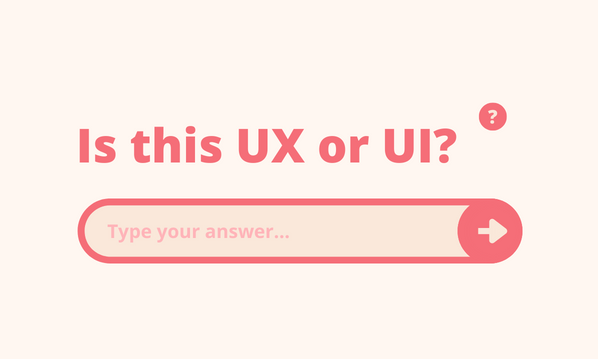When you register the web address for your company website, you’ll be asked if you’re interested in an almost endless list of extra potential addresses. But why buy multiple domains for your business?
 The Domain Name System (DNS) is essentially an internet phone book. You can reach a website by typing in 28 letters and numbers (e.g. 2606:2800:220:6d:26bf:1447:1097:aa7 ), but it’s easier to remember and type example.com. The only unfortunate people who regularly use numerical IP addresses to navigate the internet are web developers.
The Domain Name System (DNS) is essentially an internet phone book. You can reach a website by typing in 28 letters and numbers (e.g. 2606:2800:220:6d:26bf:1447:1097:aa7 ), but it’s easier to remember and type example.com. The only unfortunate people who regularly use numerical IP addresses to navigate the internet are web developers.
There are two parts of a domain name to consider when making purchases. The public suffix, or Top-Level Domain (TLD), for example .com, .co.uk, .org or .net, and the name you want (technically a sub-domain of your TLD).
Originally seven Generic Top Level Domains (gTLDs) were created.
- .com
- .org
- .net
- .int
- .edu
- .gov
- .mil
Only .com (commercial) .org (organisation) and .net (network), were originally available to purchase. In addition, country code TLDs were set up for every location from Ascension Island to Zimbabwe. But as the internet exploded in popularity, the availability of short, memorable domain names was limited. This led to high prices for three, four or five letter domain names, and also meant businesses found their brand name could already be taken by a company operating legally in a different market.
To solve that problem, there are now an almost endless list of potential gTLDs from .accountants and .actor, to .wedding or .yoga. But where does it make sense to buy multiple domain names?
Mispellings:
Clumsy typing affects all of us at times. But some mistakes are more common than others, and if you have a popular website, the traffic can be significant. It’s worth thinking about what the most common mistakes could be when entering your domain name, and whether it would be financially worthwhile to secure one or more variations.
A spelling mistake can often send you to a website filled with advertising and undesirable junk, so if a company has taken the time to procure those additional domain names and redirect them to the correct website (using a 301 Redirect), it can often give a much more favourable impression.
Future Expansion:
Do you have a brand name which you intend to use for different purposes and expansion in the future? Various videogame series have annual updates. It isn’t hard for fans and rival companies to guess what the next FIFA game will be called following on from FIFA ’13, ’14 and ’15.
The same applies to a brand like Virgin, or Absolute. Absolute Radio originally launched new channels covering the 80s and 90s, but invested in the domain names for the 60s, 70s and 00s versions which have since launched.
Preventing Confusion:
The commercial gTLD .com is the most widely used and known ending for a website address. So it makes sense to secure it where possible.
But if you’re a UK business, a significant amount of people may default to the country specific .co.uk. For instance, AbsoluteRadio.com defaults to AbsoluteRadio.co.uk. So either address will work perfectly well, and Absolute Radio can trade on the UK identity, whilst also potentially saving the .com address for any expansion in the U.S in the future.
Where possible, it generally always makes sense to secure the .com and .co.uk variations for your company name, and potentially also the .eu version.
The shortage of domain names, and the chance to create a memorable address has seen some companies creatively use country specific domain TLDs. For example, .io, .ca etc. Any commercially available domain name can potentially rank as easily as any other – there’s no inherent advantage unless you’re an academic institution or a government body, but even with an unusual domain name, I’d recommend keeping an eye out for the .com version to become available in the future.
Microsites and Campaigns:
If you want to create a special offer, discount or specific information for a particularly campaign or promotional activity, then a separate domain is one way to offer it. As long as there is no content duplicated between your websites, it’s perfectly fine to promote yourbrandname.tv on television advertising with campaign relevant information, for example.
Exact Match Domains:
The power of exact match domains has been reduced by search engines over the years, but it can still be a useful tactic if it’s done correctly. In the past it was almost enough to register a domain which contained the relevant search phrase, but in the modern era of digital marketing it requires the same level of resource and investment in content and optimisation as any other website.
Cybersquatting:
We’ve referred in passing to fans, rivals and other businesses registering domain names which may be similar or identical. Often this can be done as an honest mistake or because a business legally operates in a different market and therefore trademarks may not apply.
However, it can also be done intentionally. Politicians are a popular target for both activists and malicious cybersquatters, although even organisations including the FBI have fallen prey to the same issue. Generally these cases can be resolved through legal procedures, but the time and cost outweighs the effort to secure relevant domain names from the outset.





